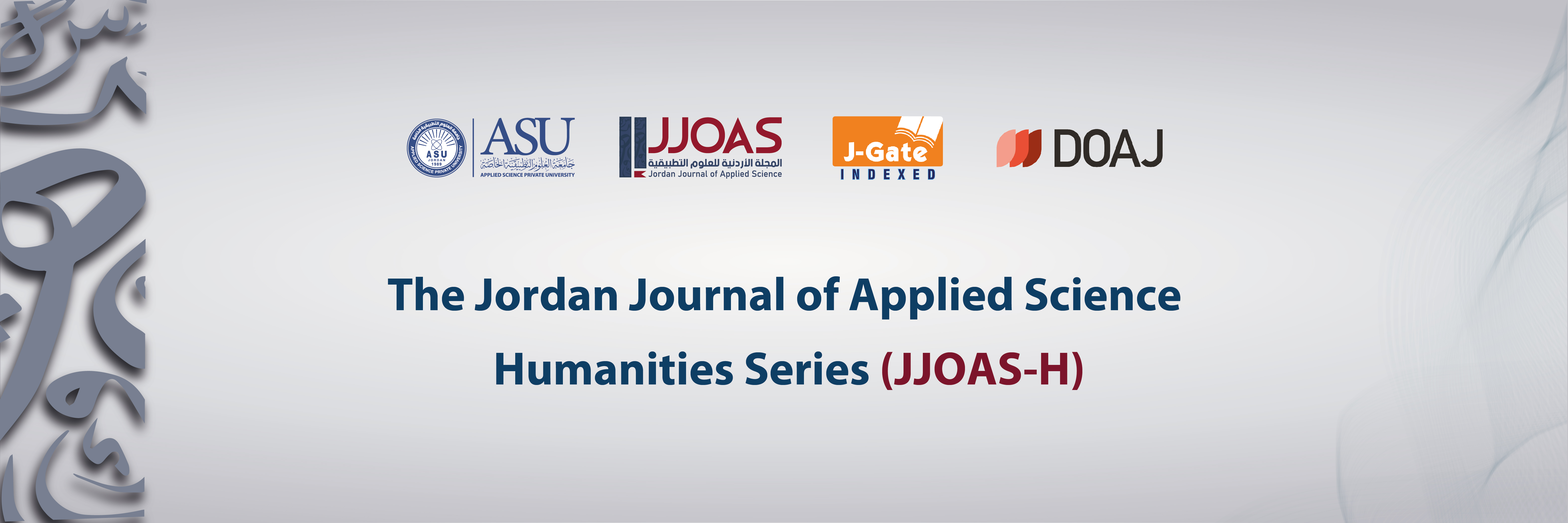
DOI
https://doi.org/10.35192/jjoas-h.v36i2.545
Abstract
Using the hypothesis that there is an associative relationship between the alliances formed by rising powers in the third millennium system and the transformation of that system from unipolarity to multipolarity as a baseline, this paper aims to investigate and explore the key alliances among rising powers in the third millennium system, as well as the impact of these alliances on the shift from unipolarity to multipolarity. Both a descriptive analytical method and a systems analysis approach were employed. This study concludes that these rising powers, while notably rejecting American hegemony, tend to establish political and economic alliances amongst themselves, significantly impacting the gradual transformation of the third millennium system towards multipolarity as opposed to unipolarity. However, it is important to note that this shift towards multipolarity may have varied consequences on international peace and security, depending on the nature of actions and reactions between international powers—whether competitive or cooperative. The study therefore recommends that, to maintain international peace and security, international powers should align their interests and prioritize dialogue and negotiation to resolve disagreements and differences. Furthermore, it advocates for the establishment of an international system characterized by cooperative and competitive multipolarity supported by the principles of democracy, freedom, and human rights, rather than being defined by any single economic model.
Recommended Citation
Tom, Basma and Katatsheh, Mohammad
(2023)
"Alliances in the Third Millennium System and their Impact on Multipolarity,"
Jordan Journal of Applied Science-Humanities Series: Vol. 36:
Iss.
2, Article 6.
DOI: https://doi.org/10.35192/jjoas-h.v36i2.545
Available at:
https://digitalcommons.aaru.edu.jo/jjoas-h/vol36/iss2/6
Included in
© 2023 by the author(s). This is an open-access article distributed under the terms of the CC BY 4.0 Attribution license.

